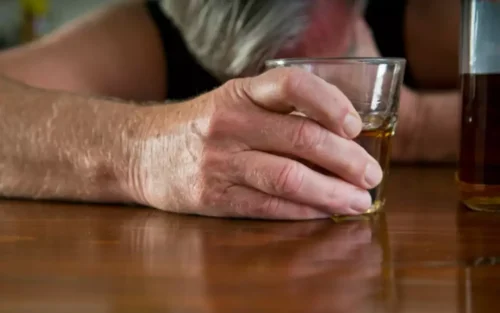
If you go into the situation unprepared, you’re more likely to relapse. But, recovery is not just about “quitting” and “abstaining” as much as it’s about building a new life in which relapse prevention skills it is easier—and more desirable—not to use. This episode of The Verywell Mind Podcast, featuring addiction specialist Erica Spiegelman, shares the skills that help in recovery.

Drug and Alcohol Addiction Treatment Levels of Care
The best way to prevent a depression relapse is to stick to your treatment plan. So, with continued therapy and support you should be able to build stronger defenses against common triggers. Learning to recognize triggers, getting help from a counselor, and building a support network are all useful tools in preventing a relapse. Do everything you can to protect yourself, but don’t beat yourself up if you do slip. A therapist or counselor can help you learn to listen to your mind and body to identify when you’re feeling stressed as well as help you develop healthy coping mechanisms. Whether you need to take the first step in recovery or want support to maintain sobriety, we can help.
Stages of Relapse: What to Watch For
This response can be a good indicator of whether the individual will relapse. The intensiveness of treatment is dependent on the severity of relapse. Supervised detox may be necessary to safely overcome dependency and withdrawal symptoms. In less severe cases, outpatient therapy and support groups may be adequate. Insurance plans are not allowed to impose lifetime or dollar limits on substance abuse coverage, so treatment is covered regardless of how many times a person has received treatment in the past.
- Additionally, essential gaps in the literature were identified predominantly surrounding the scarcity of relapse prevention interventions or tools specifically for individuals who have completed low-intensity treatments.
- The chronic nature of addiction means that for some people relapse, or a return to drug use after an attempt to stop, can be part of the process, but newer treatments are designed to help with relapse prevention.
- Research shows that social support indicates long-term success, while peer pressure and unsupportive relationships can lead to relapse.
- Being aware of the stages of relapse and having a plan to deal with them can help prevent you from using again.
- It involves taking the time to tend to your mental and physical health, such as getting enough sleep, eating healthy food, and exercising regularly.
- But happy events can also trigger a relapse, especially if others celebrate with alcohol.
- People who maintain sobriety for several weeks or months become much less tolerant than they were in the past.
Drugs, Brains, and Behavior: The Science of Addiction

Drug and alcohol relapses can occur when someone stops using alcohol or drugs, and cravings, triggers and withdrawal symptoms tempt them to use substances again. Understanding why relapses occur and knowing the warning signs or triggers can help prevent drug and alcohol relapse. A scoping review was chosen rather than a standard systematic review to provide an overview and synthesise the research evidence on a certain topic (Lockwood et al., 2019; Tricco et al., 2016). Unlike systematic reviews, scoping reviews are helpful when identifying, reporting, and discussing specific characteristics and concepts across papers or studies (Munn et al., 2018). They provide baseline data about the availability of evidence on a particular topic (Lockwood et al., 2019), such as relapse prevention following GSH.


It involved creating up to five different implementation intentions unique to each participant, decided collaboratively with a psychological wellbeing practitioner during a face-to-face session up to 4 weeks following discharge. Using’ if-then’ statements, these implementation intentions linked any situation (i.e., an internal or external cue) to a response, such as a behaviour, feeling or cognition, and accompanied any relapse prevention plan discussed during therapy. Additionally, the intervention involved using diary sheets to monitor the usage of implementation intentions and any issues that occurred.
Care for Yourself
Coping With a Relapse
- You can also reach out to them whenever you experience triggers or cravings.
- Insurance plans are not allowed to impose lifetime or dollar limits on substance abuse coverage, so treatment is covered regardless of how many times a person has received treatment in the past.
- However, continuous contact with a practitioner is often not feasible in routine care in the long term and previous research has demonstrated that motivation can influence the continuity of treatment (Runge et al., 2022).
